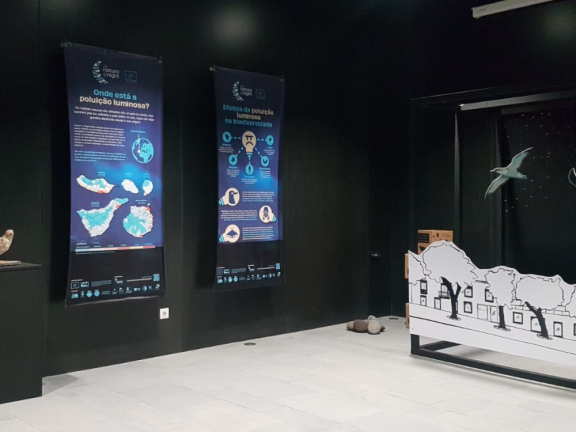Light pollution affects about 80% of the world’s population, raising concerns about its influence on human health.
Although there is already research revealing some possible negative consequences of excessive light exposure during sleep, additional studies are still needed to fully understand this complex relation.
“The negative consequences of light pollution are as unknown to the population as those of smoking in the 1980s.”
In this way, the problem was described by Professor Oscar Corcho of the Universidad Politécnica de Madrid (Spain), for the British newspaper The Guardian.

Possible consequences of light pollution on human health
- Sleep disturbances and changes in melatonin production
One of the main problems related to light pollution is the suppression of melatonin production. Melatonin plays a crucial role in regulating sleep, being responsible for inducing sleepiness and slowing down metabolism. However, exposure to artificial light at night interferes with the release of this hormone, altering the circadian rhythm and making adequate sleep difficult. Inadequate production of melatonin also affects the immune system, compromising the body’s response against viruses and bacteria. One study states that even the use of small amounts of light during a certain time of sleep can affect the release of this hormone.
- May increase the risk of cancer
Studies suggest that artificial light at night may increase the risk of cancer, especially breast and prostate cancer. Hormonal imbalances caused by changes in melatonin production also contribute to these diseases, and there are more cases of cancer in people who are exposed to artificial light for a longer period of time and who have reversed sleep schedules, such as night workers.
- May increase the risk of premature births and underweight births
Increased exposure to bright light has been shown to be associated with an increase of up to 12.9% in cases of premature births. Light pollution is linked to the occurrence of premature births and the birth of underweight babies. This is because inadequate melatonin production and poor quality nights’ sleep make gestation more difficult.
- May increase the risk of diabetes
Excessive exposure to artificial light is associated with a significant increase in cases of diabetes. It is estimated that more than 9 million Chinese adults can attribute their condition to this factor. This exposure affects the production of hormones, such as melatonin and corticosterone, and the expression of circadian rhythm genes, resulting in disturbances in glucose metabolism. Adults who live in areas with high light pollution are about 28% more likely to develop diabetes compared to those in less polluted areas, and this risk is even higher in groups with a predisposition to diabetes, such as the elderly. Studies indicate that even mild light exposure during sleep can negatively impact blood sugar levels.
- May increase the risk of obesity
Increased intensity of artificial light has been associated with an increase in the average body mass index, high systolic blood pressure and elevated levels of “bad” cholesterol (LDL). In addition, scientific experiments with mice also show that exposure to artificial light interferes with glucose metabolism during periods of darkness, resulting in weight gain. The authors suggest that a similar effect in periods of darkness may contribute to obesity in humans.
Thus, it is of extreme importance to raise awareness about light pollution, fully understand its impacts and implement effective preventive strategies to ensure the health and well-being of the population.





